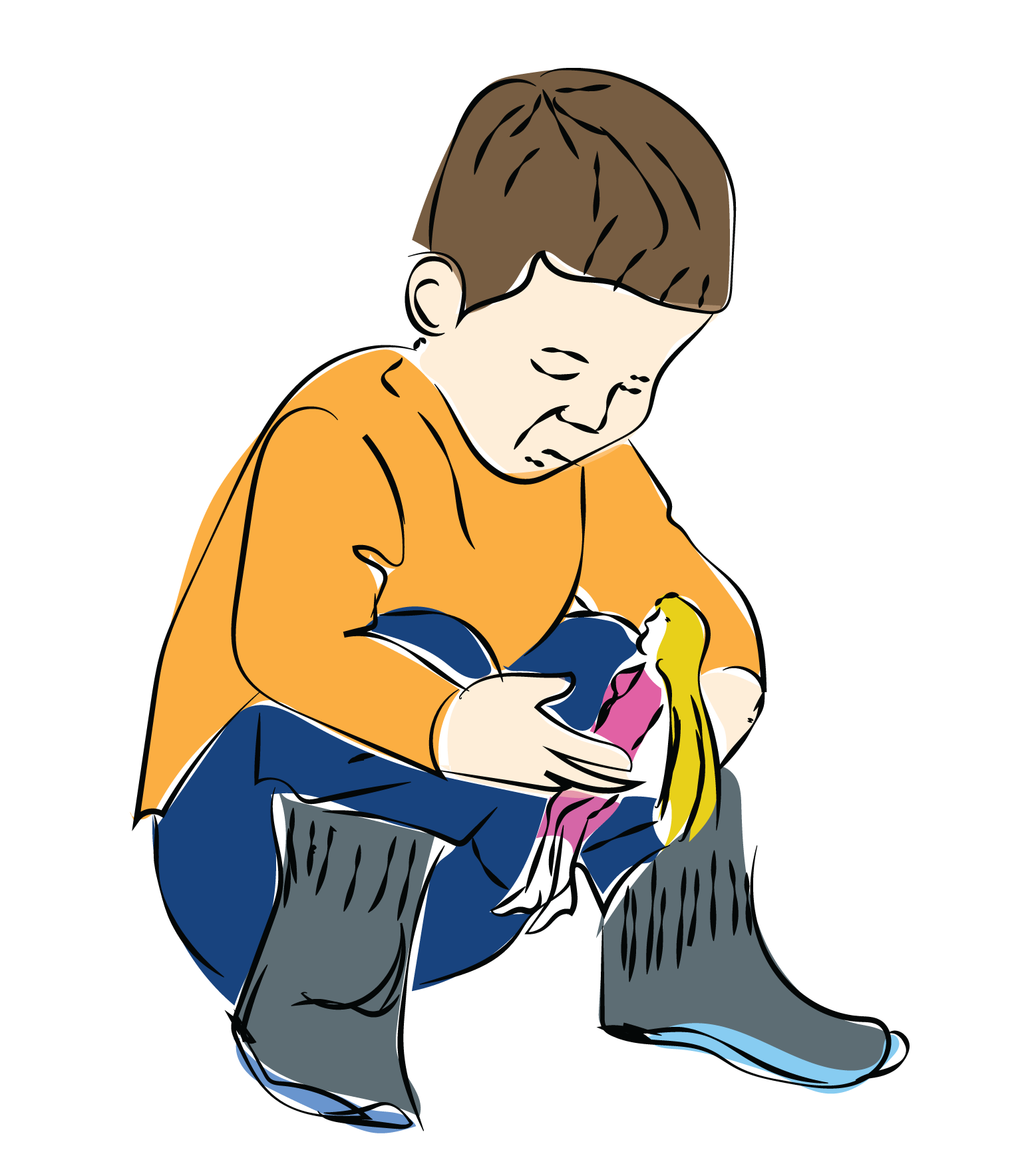Mattel’s flagship doll is trying to expand its market for the first time ever
Barbie has been the best friend to little girls around the world for almost 57 years, but have you ever stopped and wondered what impact the iconic doll has had on boys?

When the new limited edition Moschino Barbie hit the market it sold out in less than a day—but nobody is talking about the doll. Everyone is talking about the commercial, and the little boy who stars in it.
Styled like Moschino’s creative director, designer Jeremy Scott, the boy proudly plays with his doll, exclaims how fierce she is, and ends the commercial with a wink to the camera. The video went viral, and even though the “fauxmercial” won’t be on T.V. anytime soon (it was made for Moschino’s YouTube page), there has been an overwhelmingly positive response on social media praising the progressive new ad.
If you don’t know why this is so important, let me tell you a story.
When I was a child, I was constantly surrounded by girls. I was the youngest, and the only boy, with three older sisters. Between my sisters, my cousins, and their friends, I became accustomed to being the only boy (and quickly got used to hearing “Okay girls, oh, and Marco”). Even though I loved playing with my toy cars and my action figures, I always wanted to play Barbies with my sisters and my cousins. When I was really young, they let me join in, but as I got older, the judgments were more apparent. “Boys don’t play with Barbies,” my parents would tell me, “that’s for girls.”
I don’t blame my parents, they were just trying to protect their little boy, but it definitely left an impression on me. I started feeling ashamed of the fact that I wanted to play with dolls. If I was playing at my cousin’s house, I’d silently pray that she’d suggest playing with her Barbies because I was too embarrassed to bring it up first. Asking for my own Barbie was completely out of the question—I knew I’d just be shot down and shamed for it, so I conveniently kept that off my Christmas list year after year.
As I got older, I was always presented with a variation of the same dreaded question: “Do other boys your age like playing with Barbies? Do other boys like listening to (insert pop diva here)? Why don’t you go play soccer like the other boys?” I felt ashamed by my interests for years, and it all started with being told that boys couldn’t play with Barbies. It wasn’t until my late teens that I realized how ridiculous it was to lie about the things I truly enjoyed—things as trivial as the type of music I listened to or the fact that I’d still kill for my own Barbie doll.
This commercial is going to show a whole generation of little boys that it’s okay to be different, that if you want to play with a Barbie, go ahead and have fun. Unlike me, they won’t have to grow up ashamed of their interests, and they’ll know it’s okay to ask their parents for a doll.
Thankfully society is starting to catch up and realize that, too. Back in August, Target announced that they would no longer be labelling the toys in their stores as “boys” or “girls” and that’s how it should be. There is no such thing as a boy’s toy or a girl’s toy—they’re just toys, and you can play with them regardless of your gender.
I’m still waiting for my own Barbie.




